Description
Sure, I’ll be happy to help you write an article about Vitamin C while adhering to the principles you’ve provided. Here’s a brief article on the topic:
Title: Vitamin C: The Essential Nutrient for a Healthy Body
Vitamin C, also known as ascorbic acid, is an essential nutrient that plays a crucial role in maintaining the health and well-being of the human body. Found in various fruits and vegetables, Vitamin C is a water-soluble nutrient that cannot be stored in the body, making it essential to consume it regularly through our diet.
One of the primary functions of Vitamin C is to act as an antioxidant, protecting the body’s cells from damage caused by free radicals. Free radicals are unstable molecules that can cause oxidative stress, leading to chronic diseases such as cancer, heart disease, and Alzheimer’s. Vitamin C’s antioxidant properties help neutralize these free radicals, reducing the risk of chronic diseases.
Vitamin C also plays a vital role in the production of collagen, a protein that provides structure to our skin, tendons, ligaments, and blood vessels. Collagen is essential for wound healing, and Vitamin C’s role in collagen production makes it an essential nutrient for individuals recovering from injuries or surgery.
Additionally, Vitamin C is necessary for the absorption of iron, a mineral that plays a crucial role in the production of red blood cells. Iron deficiency can lead to anemia, a condition characterized by fatigue, weakness, and shortness of breath. By promoting iron absorption, Vitamin C helps prevent anemia and ensures the body has adequate levels of this essential mineral.
While Vitamin C is found in various fruits and vegetables, including oranges, strawberries, broccoli, and spinach, many people do not consume enough of these foods to meet their daily recommended intake. The recommended daily intake of Vitamin C varies depending on age, sex, and lifestyle factors, with adults requiring between 75-90 milligrams per day.
Fortunately, Vitamin C supplements are widely available and can help individuals meet their daily recommended intake. When choosing a Vitamin C supplement, it’s essential to choose a high-quality product from a reputable manufacturer to ensure safety and effectiveness.
In conclusion, Vitamin C is an essential nutrient that plays a critical role in maintaining the health and well-being of the human body. Its antioxidant properties, collagen production, and iron absorption are just a few of the many benefits of this essential nutrient. By consuming a healthy diet rich in fruits and vegetables and considering Vitamin C supplements, individuals can ensure they are meeting their daily recommended intake and supporting their overall health.

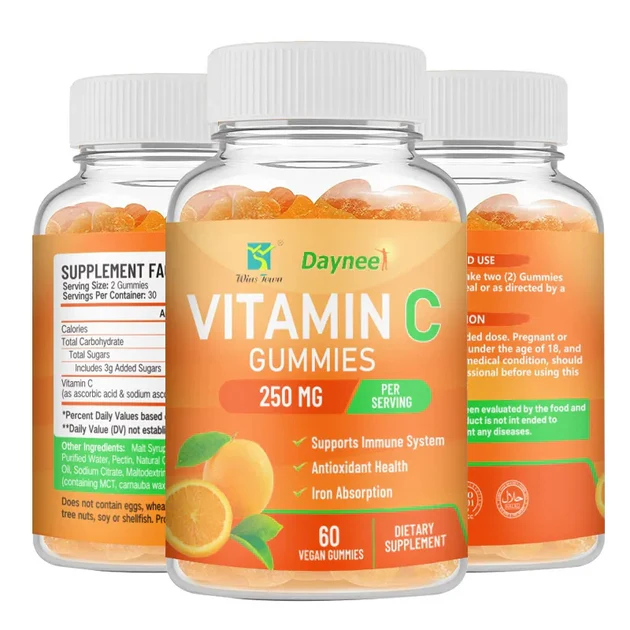
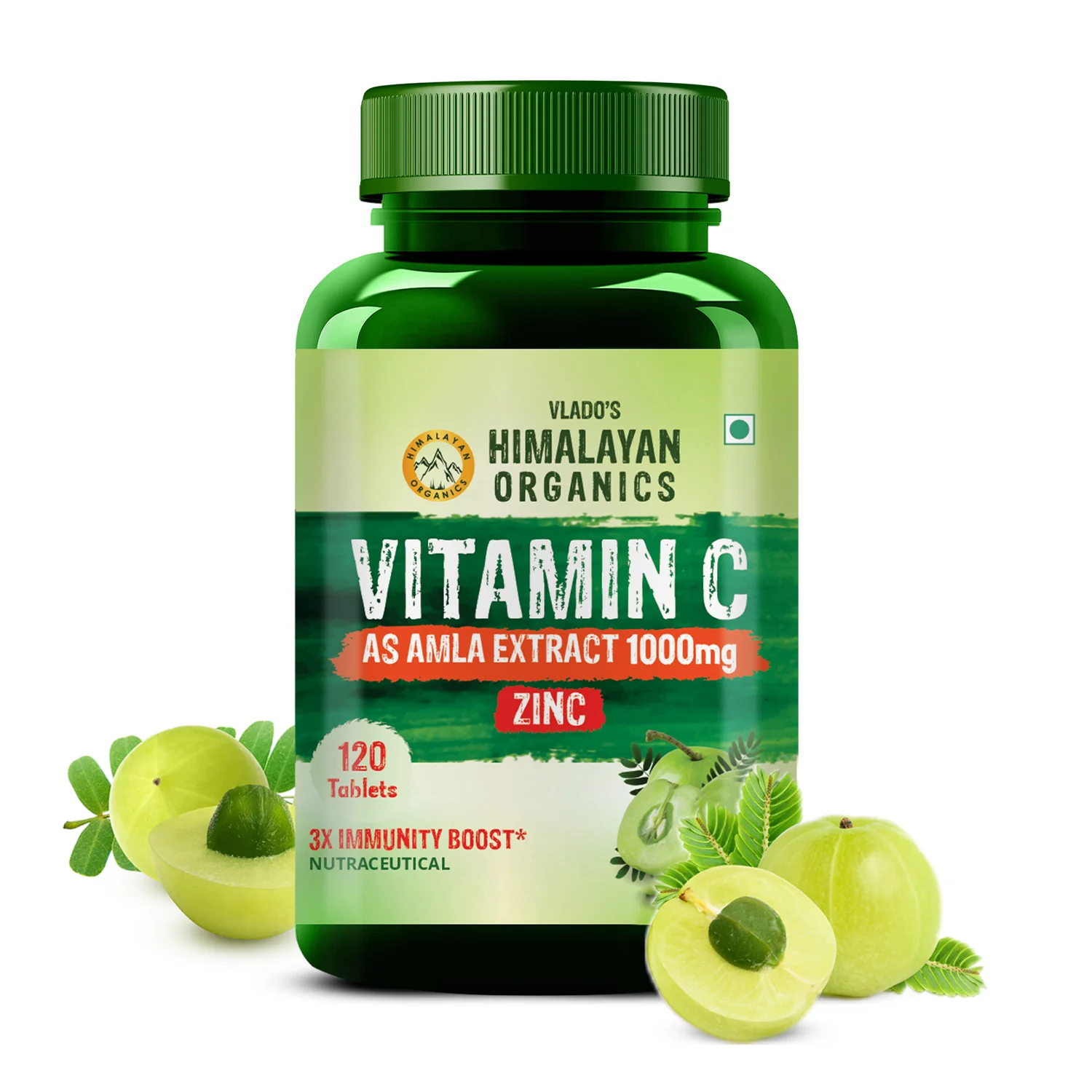
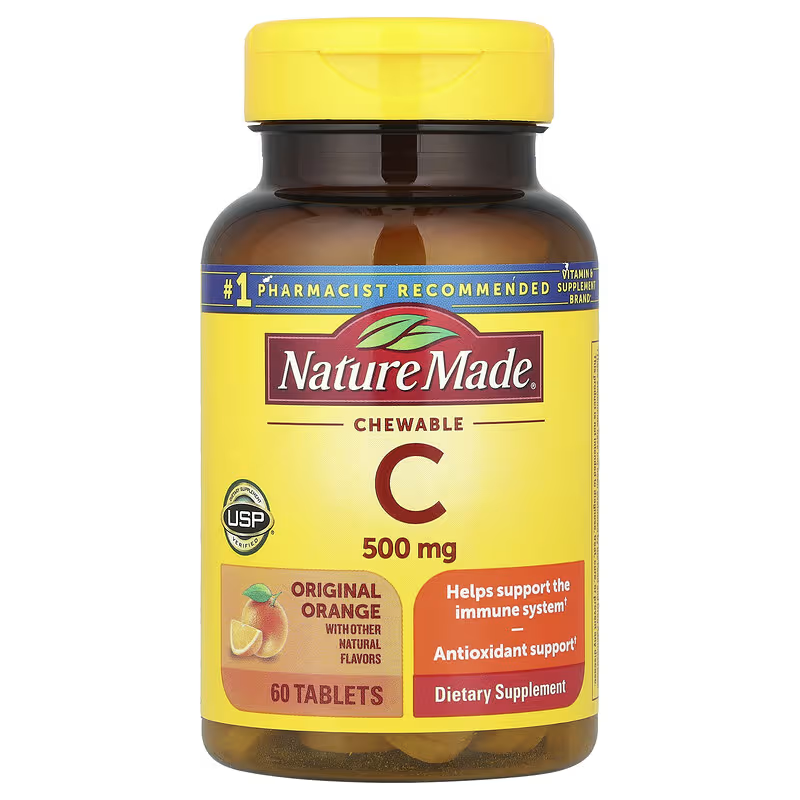
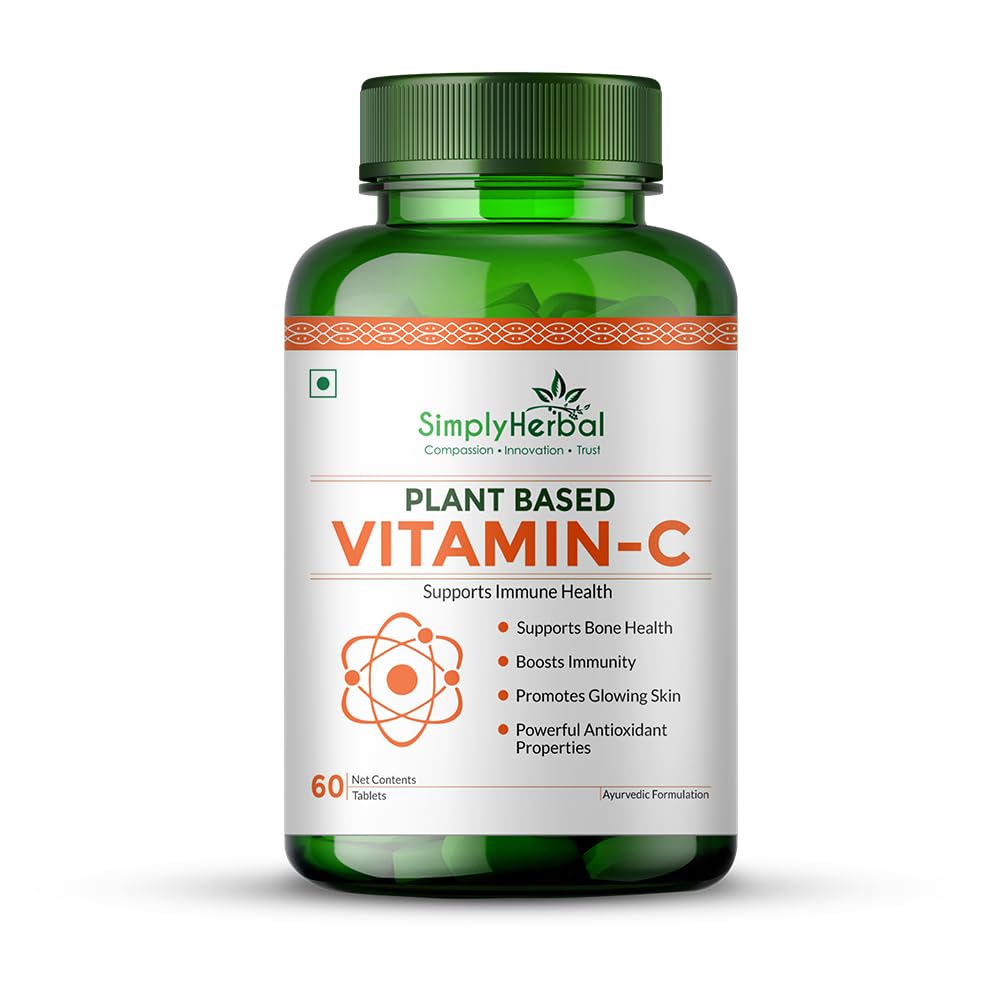
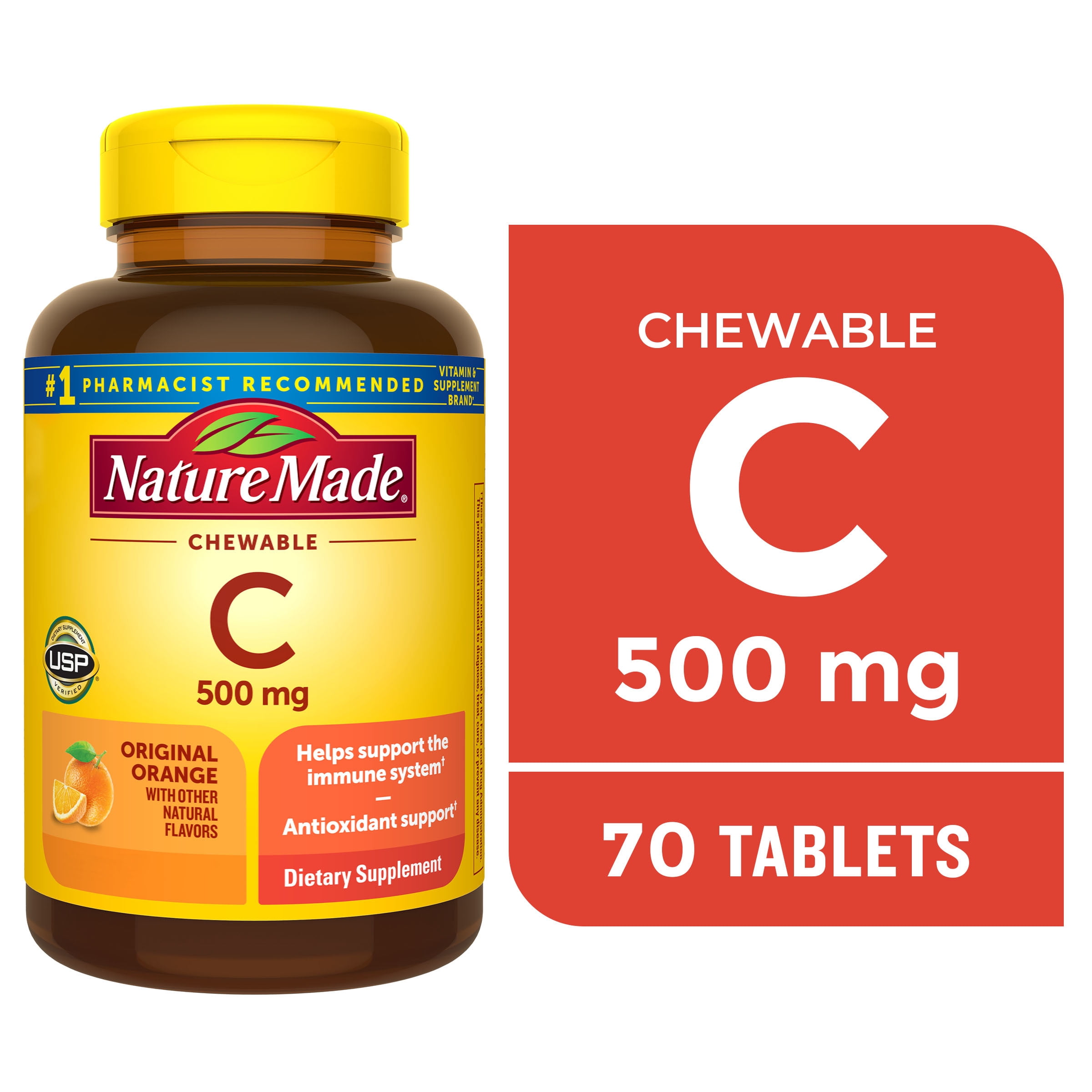
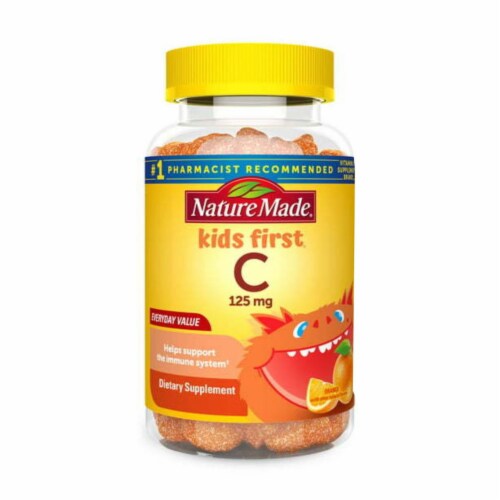
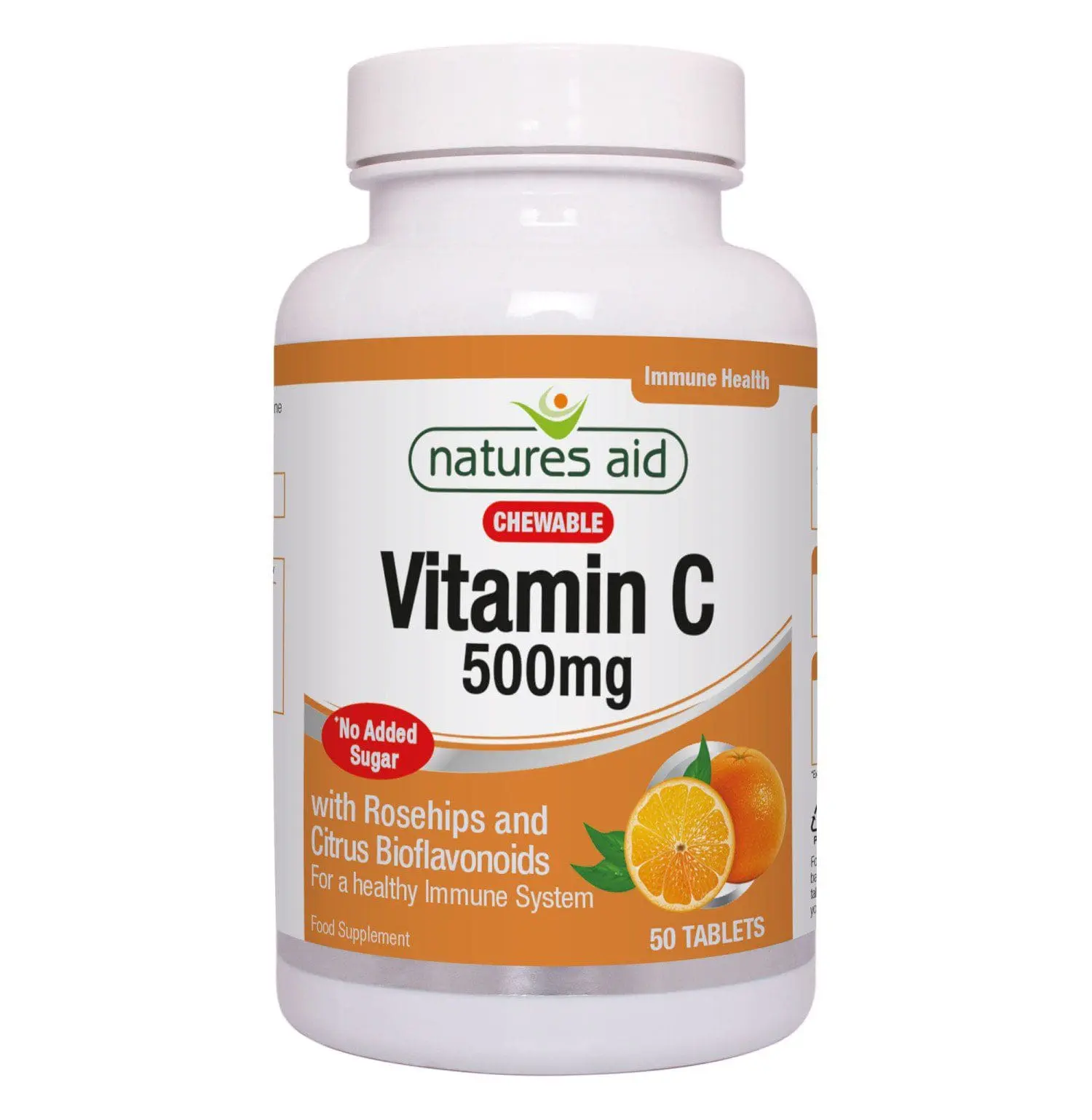
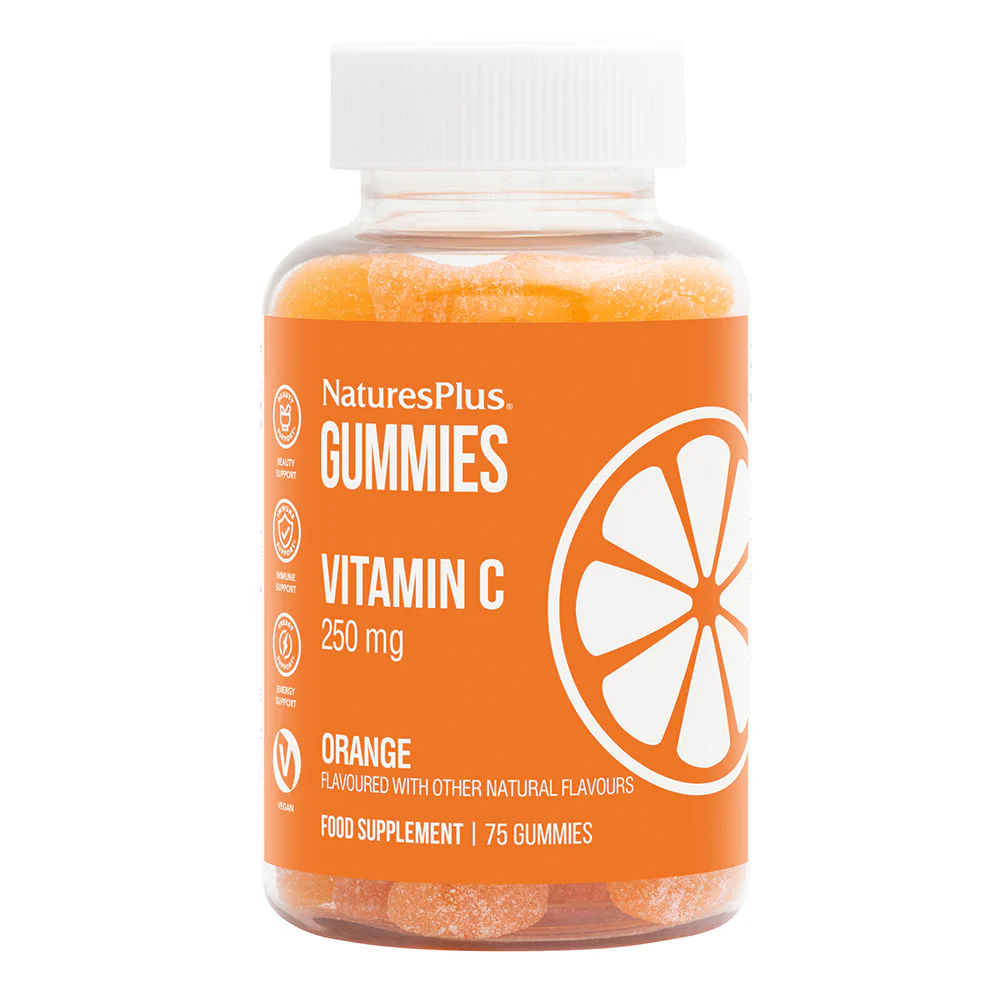
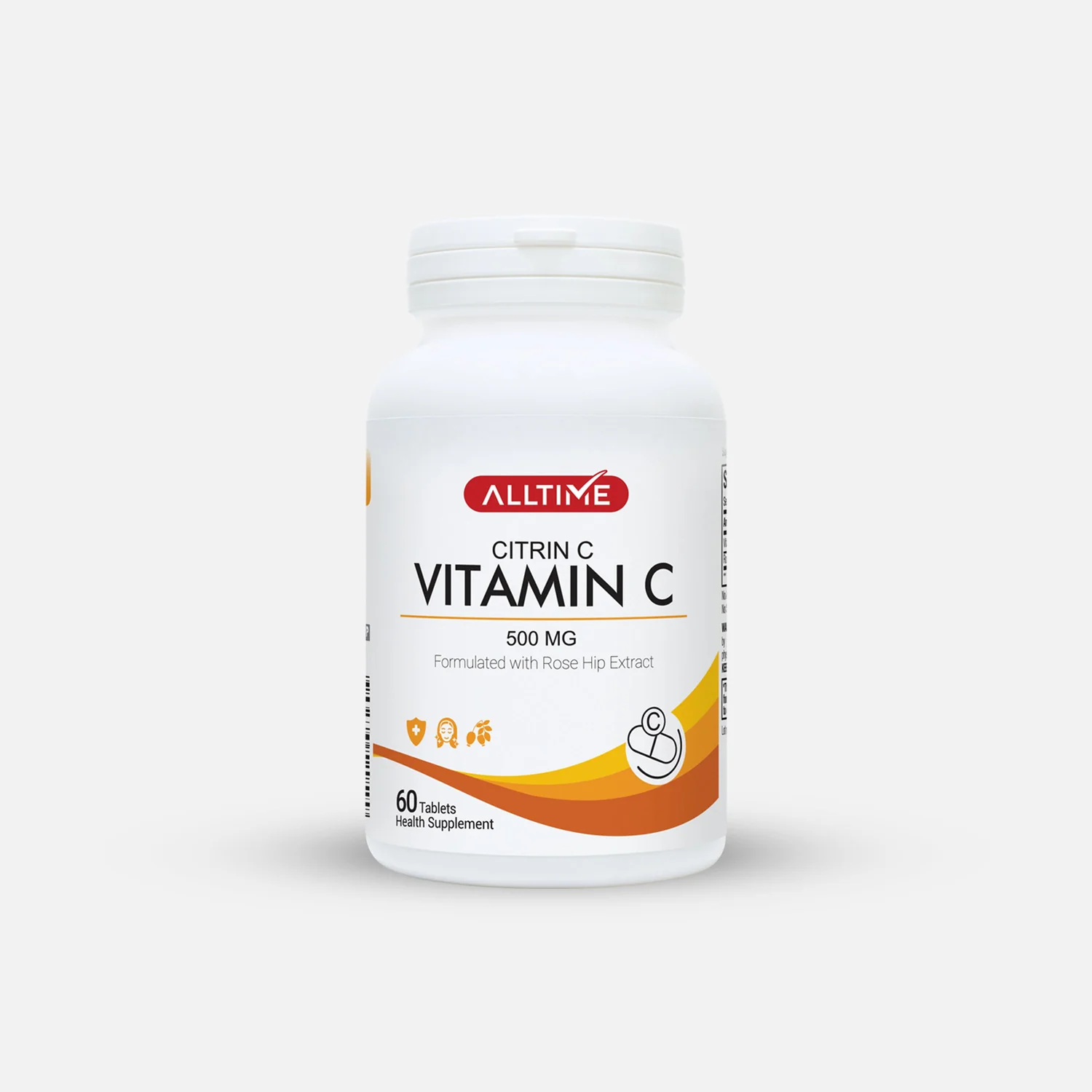
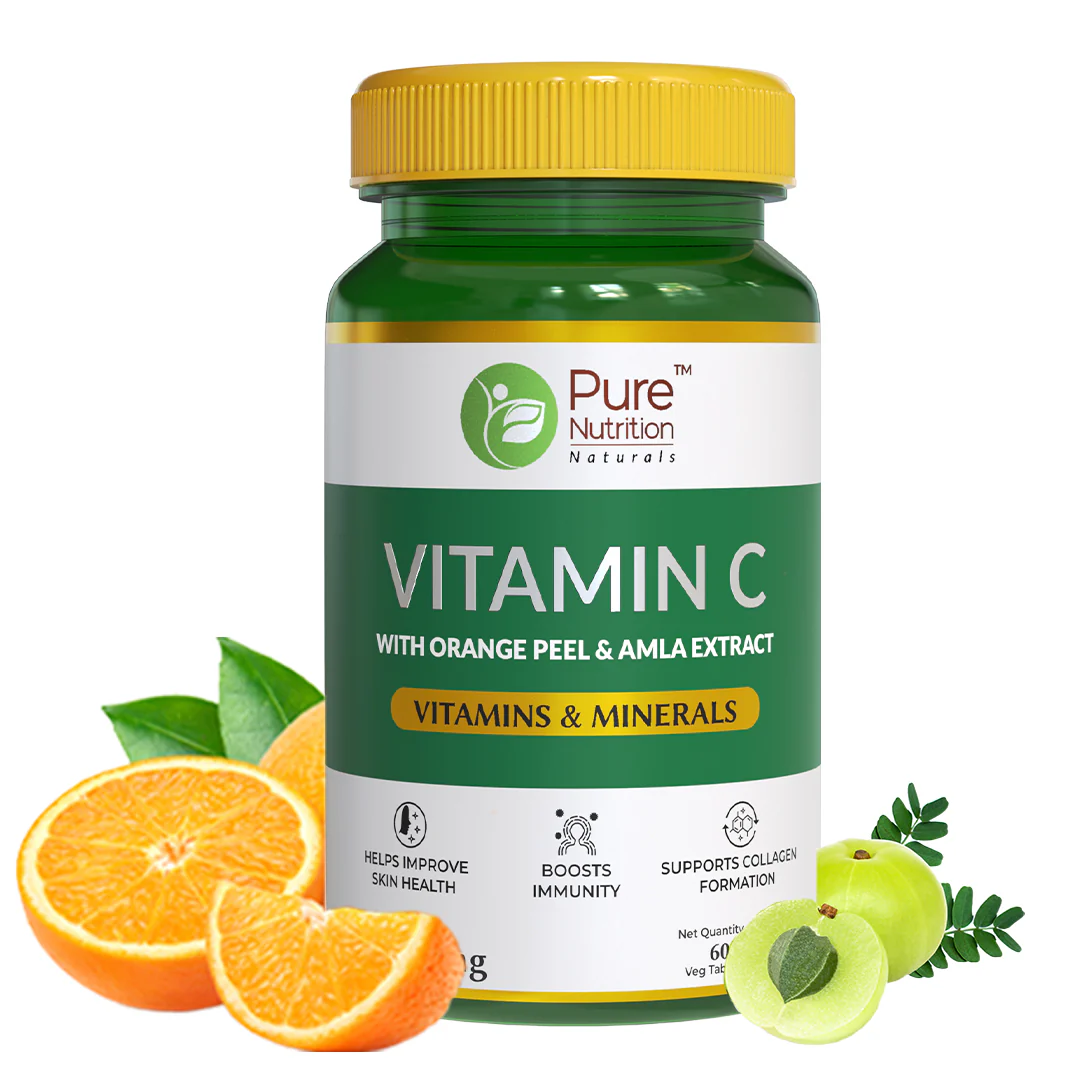
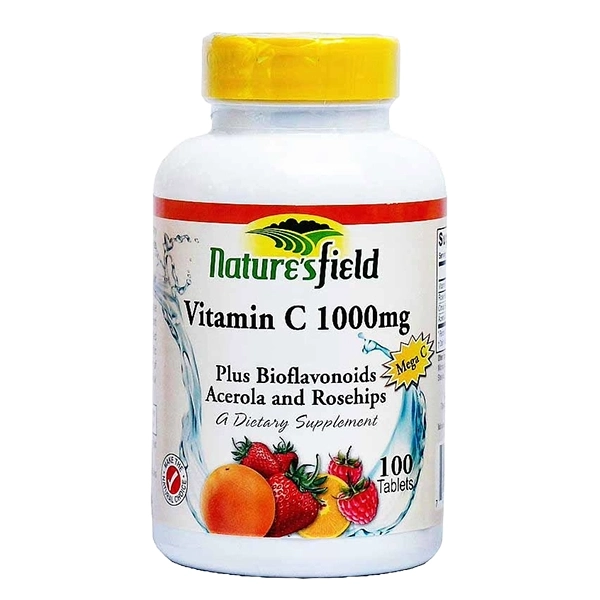
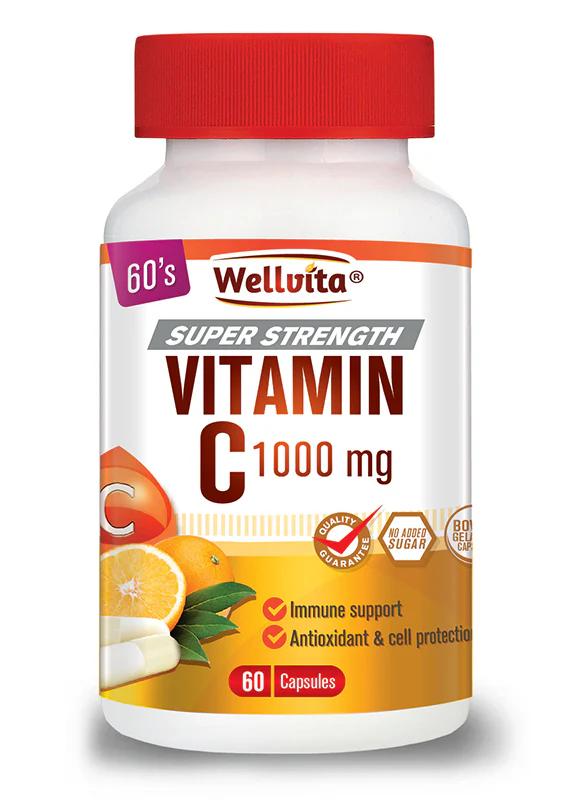

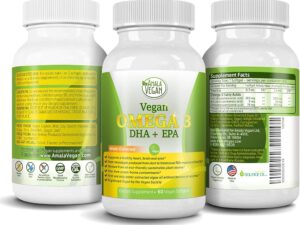


Reviews
There are no reviews yet.